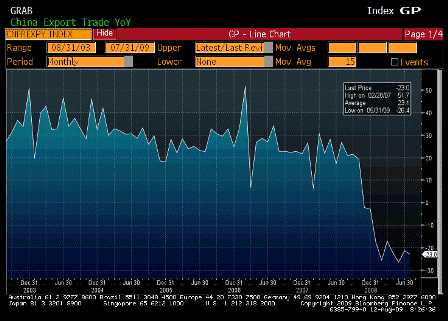ECB’s Stark Says Economy May Recover Sooner Than Forecast
Stark Says State Debt May Boost Long-Term Market Rates, BZ Says
*ECB’S STARK SEES `NO BIG PROBLEMS’ UNWINDING ASSET PURCHASES
*ECB’S STARK COMMENTS IN INTERVIEW WITH BOERSEN-ZEITUNG
*ECB’S STARK SAYS RISING GOVT DEBT MAY BOOST LONG-TERM MKT RATES
*STARK SAYS ECB CONSIDERS RISK OF DEFLATION `VERY SMALL’
*ECB’S STARK SAYS MUST NOT OVERESTIMATE SIZE OF OUTPUT GAP
Higher levels of unemployment will be needed for long term price stability
*ECB’S STARK SAYS POTENTIAL GROWTH RATE HAS PROBABLY DECLINED
Higher levels of unemployment will be needed for price stability
*ECB’S STARK SAYS OUTPUT GAP MAY BE SMALLER THAN SOME THINK
Higher levels of unemployment will be needed for price stability.
*ECB’S STARK SAYS MUST BE CAUTIOUS ABOUT INFLATION OUTLOOK
*STARK: STIMULUS, INVENTORIES WON’T CREATE SUSTAINABLE GROWTH
*ECB’S STARK SAYS ECONOMY MAY RESUME GROWTH SOONER THAN EXPECTED
*ECB’S STARK SEES SIGNS ECONOMY IS STABILIZING
*ECB’S STARK SAYS RATES ARE `APPROPRIATE’
Karim writes:
Stark is also engaging in classic Fed bashing; knowing full-well that the output gap is the key driver of the Fed’s inflation model while the ECB looks at a broader series of measures and places much more emphasis on monetary aggregates
[top]



